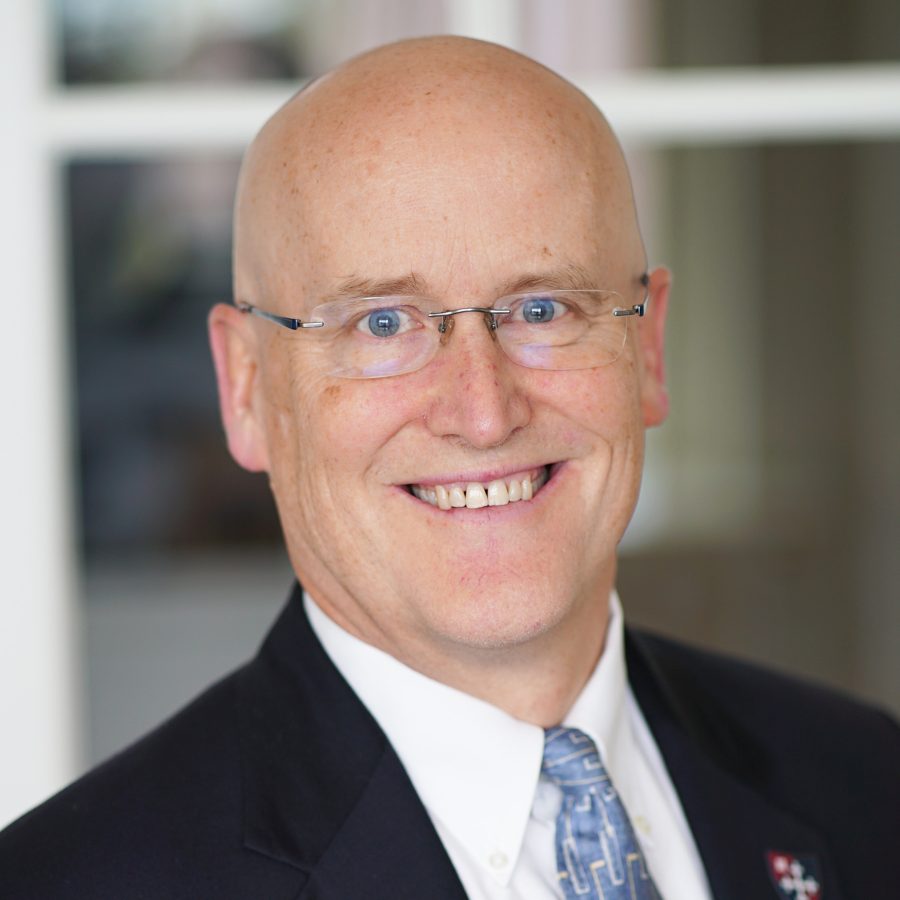Symbols of the Suffering Servant: This Cup

Maundy Thursday Devotional
Dr. David Currie, Professor of Pastoral Theology, Dean of the Doctor of Ministry Program and the Ockenga Institute
Reading: Matthew 26:36-39
36 Then Jesus went with his disciples to a place called Gethsemane, and he said to them, “Sit here while I go over there and pray.” 37 He took Peter and the two sons of Zebedee along with him, and he began to be sorrowful and troubled. 38 Then he said to them, “My soul is overwhelmed with sorrow to the point of death. Stay here and keep watch with me.”
39 Going a little farther, he fell with his face to the ground and prayed, “My Father, if it is possible, may this cup be taken from me. Yet not as I will, but as you will.”
Reflection:
What does your cup mean to you through the day? For me, it depends upon what it contains. My first cup contains black coffee, meaning “Time to get going!” My last cup is filled with herbal tea, meaning “Time to gear down.”
Different cups…different meanings…depending upon what they contain.
What then does Jesus’ cup mean to him—and to us—when he prays in the garden of Gethsemane “may this cup be taken from me?” It depends upon what “this cup” contains.
For Jesus, “this cup” would contain separation. Jesus prayed, “My Father…may this cup be taken from me” in the garden, because he knew he would be praying, “My God…why have you forsaken me?” on the cross.
But why would Jesus be given this cup? Not for his own consumption, but for our salvation. Jesus drank the cup of separation for us, so we don’t have to.
What’s more, his separation makes sense of our suffering; our pain can have a purpose; our wounds can be part of God’s will. Jesus drank the cup of separation for us, so that we can drink the cup of suffering with Jesus, assured that nothing can separate us from the love of God.
 Dr. David Currie has been with Gordon-Conwell since 2005. He is Professor of Pastoral Theology and Dean of the Doctor of Ministry Program and the Ockenga Institute. His expertise includes worship, discipleship, spiritual formation, pastoral ministry, preaching, and leadership.
Dr. David Currie has been with Gordon-Conwell since 2005. He is Professor of Pastoral Theology and Dean of the Doctor of Ministry Program and the Ockenga Institute. His expertise includes worship, discipleship, spiritual formation, pastoral ministry, preaching, and leadership.